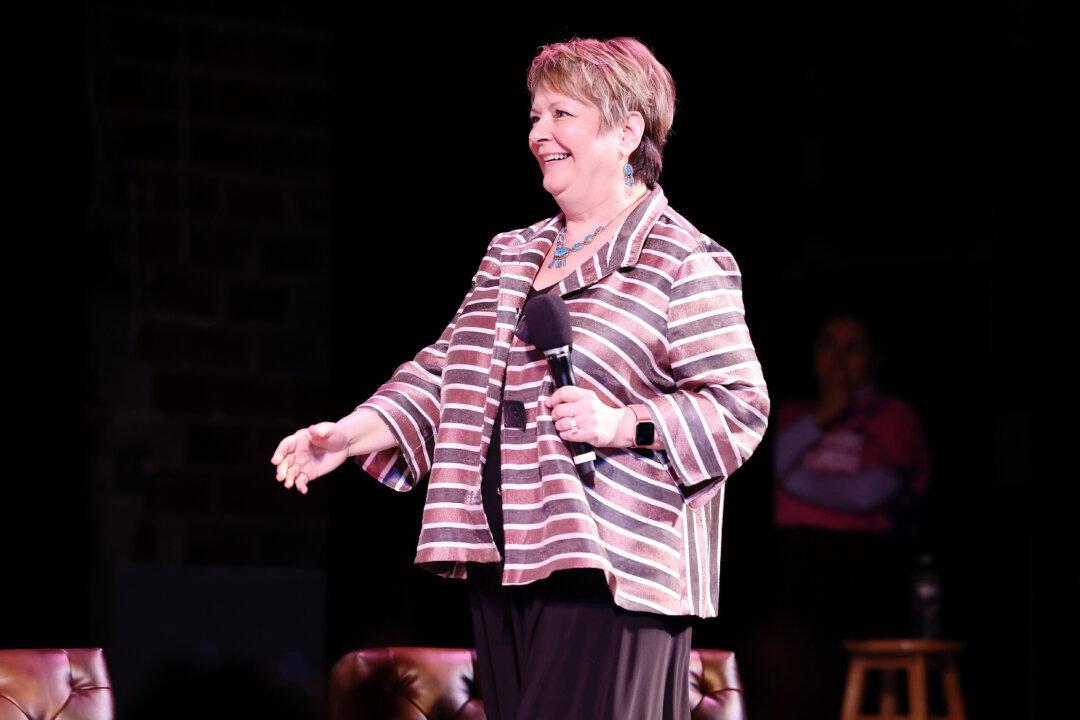Former Milwaukee County Judge Janet Protasiewicz was projected the winner of the April 4 Wisconsin state Supreme Court race, tipping the court’s balance from a 4–3 conservative majority to a 4–3 progressive majority.
Protasiewicz won the race over runner-up Daniel Kelly, according to Decision Desk HQ. Her success was likely due in part to her reportedly well out-fundraising her three opponents.





